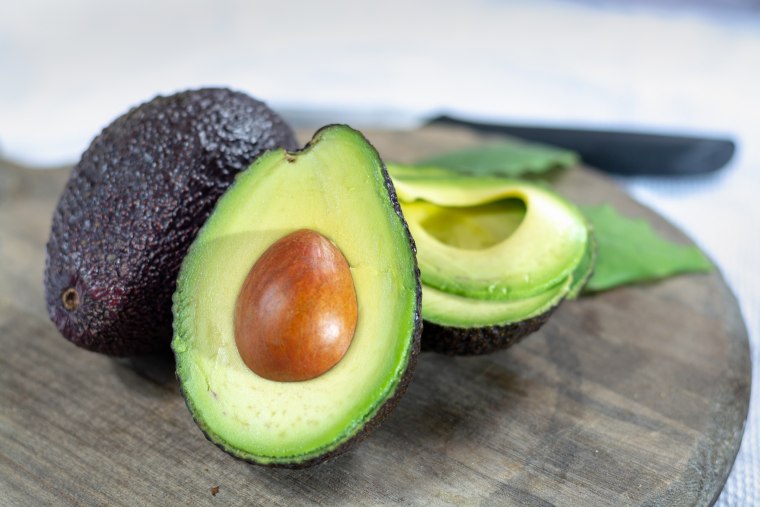Can science save the avocado?
Like many commonly cultivated fruits and vegetables, avocados are under threat from climate change. One recent report predicts that by 2050, high temperatures and reduced precipitation in California will dramatically slash yields of the popular fruit, which thrives in moderate temperatures and humidity.
But in a development that could help quell the fears of those who foresee a world filled with cheap guac substitutes like squashamole, scientists announced this week that they had successfully sequenced the avocado genome.
The feat, which comes after years of work by scientists in the United States and Mexico, is considered a key step in efforts to develop avocado varieties that thrive in the face of changing environmental conditions — especially in California and Mexico, which produce the lion’s share of the 2.4 billion pounds of avocados consumed in the U.S. each year.
“An avocado genome paves the way to mapping, understanding and utilizing knowledge of disease resistance genes to breed more resistant avocados,” Victor Albert, a biologist at the University at Buffalo in New York and one of the scientists involved in the sequencing, said in an email. “Perhaps also ones that are more drought resistant, or even less temperature sensitive.”
For the research, which was published Aug. 6 in the Proceedings of the National Academy of Sciences, Albert and his colleagues at Texas Tech University in Lubbock, Texas, and the National Laboratory of Genomics for Biodiversity in Irapuato, Mexico, used computerized sequencing equipment to decipher the DNA of several varieties of avocado, including the popular Hass variety found in U.S. grocery stores.
The research revealed duplicate genes suggesting that the green-fleshed fruits had adapted to various diseases in the past, and revealed insights into the origins of the Hass avocado. More important for lovers of the buttery, big-pitted fruit, it suggested that a subset of those genes could someday be exploited to develop avocado varieties that are better able to resist fungal infections and extreme environmental conditions, as well as those with new tastes and textures.
“Our genome sequences will aid breeders in identifying and using genetic knowledge of drought resistance that will be very useful as growing conditions become hotter and drier,” Albert said.
Michael Gribskov, a computational biologist at Purdue University in West Lafayette, Indiana, who wasn't involved in the research, said that work of this type will be vital for safeguarding the future of the avocado — but added that sequencing is just the first step in what will be an extended effort to figure out which genes code for which traits.
“We can ID, based on the sequence, approximately what a gene does, but we can’t tell exactly what it does,” he said. “That more exact information comes from focusing in and doing real biochemistry on those genes and what they do.”
Avocados are just one of many fruits whose genomes have been sequenced. In the past few years, scientists have sequenced the genomes of Arabica coffee beans, black-eyed peas and wheat, whose famously massive genome is five times larger than our own.
Want more stories about science?
- Deep inside Earth, scientists find weird blobs and mountains taller than Mount Everest
- Immense crater may have been found deep under Greenland's ice sheet
- This floating city concept is one way to cope with climate change

